by Bill Sheate
How are you approaching your time at university?
With the new 2023-24 academic year now well inderway it’s a good time to get a handle on your approach to learning, studying or research. A model of learning that may have served you well (or at least OK) at secondary school is unlikely to serve you so well at university. Here are a few quick pointers/questions to ask yourself, some equally relevant to whether you are an undergraduate, postgraduate (Taught) or postgraduate (Research - PhD/Doctoral research). There are some issues especially relevant to postgraduate study, e.g. to a one-year Masters or to doctoral research…..[Read more]
by Bill Sheate
Seeking help for anxiety early can make all the difference to your life at University - don’t leave it to get worse
As students begin a new life at University over the coming weeks (September/October 2018), or return to continue their courses of study, many will already have previous experience of mental health issues while some may develop them at University, often in response to the stresses and strains that come with university life (work, relationships, being away from family, finances etc). Typical problems include: ……..
by Bill Sheate
Exam performance is not the only - and may not be the best - measure of success
Rob Rinder - in his recent comment piece (17 August 2018) for the London Evening Standard "Failing to get the exam results you want could be the best thing that happens to you — just look at me" - hit the nail on the head. As he said:
"I am convinced that the more pressure we place on the single moment of exam results, the more we detract from nurturing the intellectual and emotional range that turns young people into successful adults and good citizens…….”
…….
by Bill Sheate
Shift your whole approach......
Most university students’ approach to exams is shaped by their experience of exams at school, but this means that most are often poorly prepared for the different style of learning at university and the way in which exams are used, from undergraduate through to postgraduate level. Other forms of assessment are also increasingly utilised at university to assess the attainment of learning outcomes intended by the curriculum. But exams still have a role .............
by Bill Sheate
Mastering mindfulness is key to reducing anxiety
Mastering mindfulness is a key technique in helping to reduce anxiety, but is surprisingly simple to do, if you understand some basic principles. It should never be a chore. Here are 12 simple steps to mindfulness: .........
by Bill Sheate
Changing your approach
At advanced levels - especially postgraduate - exams are less about what you know and more about how you apply your knowledge and understanding to problem-based situations. They’re not there so much to test your knowledge, as to be part of making learning possible, for example as opportunities to apply higher order learning skills like analysis, synthesis and evaluation (and creativity). There are some very simple hints and tips that can make all the difference to your exam technique, especially for essay-type questions – the whole way in which you perceive an exam, approach it, prepare for it and sit it..........







